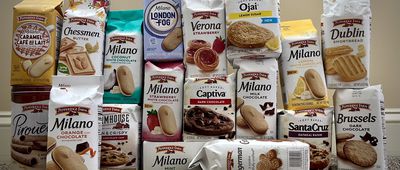Freeze Warning
Frozen vegetables can be a real time- and money-saving shortcut in the kitchen. But not every veggie will be as tasty frozen as it is fresh. Freezing changes the taste and texture of some vegetables more than others, which will affect your finished dish. Here are the vegetables you should avoid buying frozen, plus the ones that you should always have on hand.

















